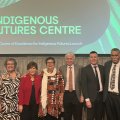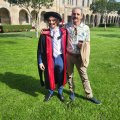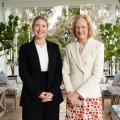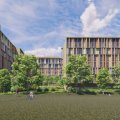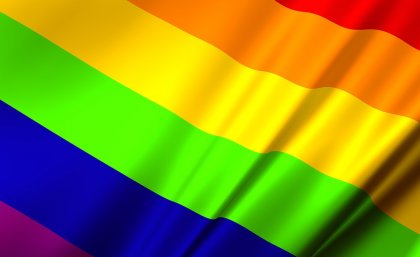
UQ research has revealed that lesbian, gay and bisexual (LGB) Australians suffer more health problems in areas where most people voted against same-sex marriage.
The study – among the first of its kind conducted outside the US – linked HILDA Survey data from 15,000 people to electorate level same-sex marriage postal vote results.
The UQ Institute for Social Science Research’s Dr Francisco Perales said stigma against those who identified as lesbian, gay and bisexual was a key factor in explaining their disadvantage.
“LGB people living in electorates with higher percentages of ‘no’ voters in the 2017 postal survey reported poorer general health, mental health and life satisfaction than LGB people living elsewhere,” Dr Perales said.
The study found heterosexuals enjoyed better health and wellbeing overall.
However, these differences reduced or disappeared in electorates with higher rates of support for same-sex marriage.
The results indicated that a lack of social support available for lesbian, gay and bisexual people in some parts of Australia played a crucial role.
Dr Perales said minority stress – or the unique pressures faced by minority group members – was the main source of the health problems.
He said the findings had significant implications for developing social policies aimed at improving the outcomes and social standing of Australian LGB people.
“Our results highlight the need for interventions that reduce the complex discrimination faced by LGB people and increase the social support available to them,” Dr Perales said.
Dr Perales is an Australian Research Council Discovery Early Career Researcher Award fellow. The study, co-authored by student Abram Todd, is published in Social Science & Medicine (https://doi.org/10.1016/j.socscimed.2018.05.015).
Media: Dr Francisco Perales, f.perales@uq.edu.au, +61 7 3346 9964; Monica Gonzalez, ISSR Engagement Manager, m.gonzalez@uq.edu.au, +61 7 3346 9297

